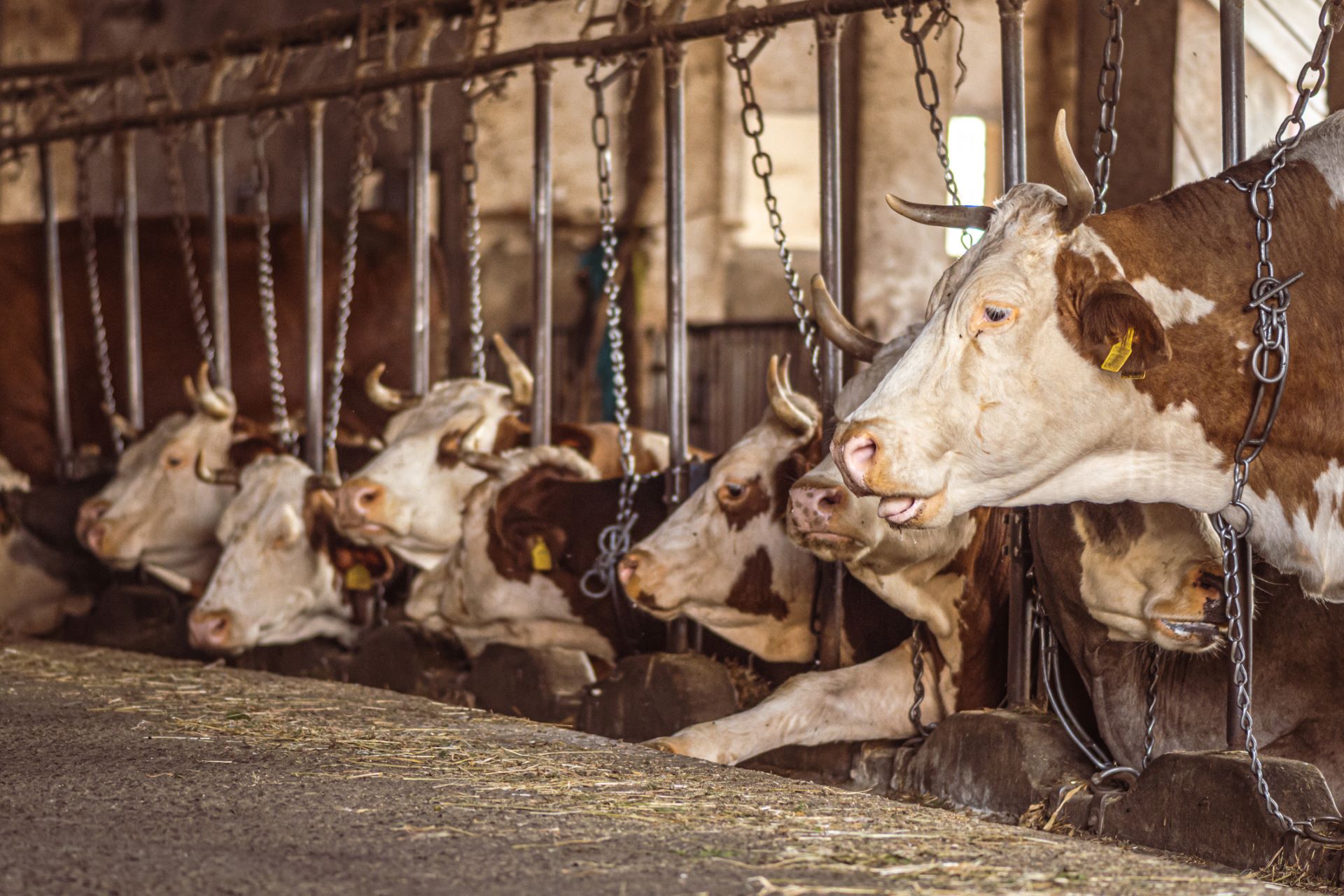A growing body of research highlights the devastating effects of animal agriculture on human health and the environment. Undercover investigator Joe Fassler wrote in the Guardian about how the beef industry is pushing back with far-reaching and misleading campaigns to protect its image and bottom line.
After enrolling in an online training program dubbed the Masters of Beef Advocacy (MBA), Fassler shared his evidence of how the industry has used influencers as advocates to change the narrative with deceptive marketing tactics, including the use of "misleading — but scientific-sounding — narratives" about the beef industry's alleged sustainability.
What is happening?
Created by the National Cattlemen's Beef Association, an industry lobby group, the MBA program teaches beef advocates how to engage online and offline with consumers using industry-friendly talking points on the role of beef in a "healthy" diet and how farmers and ranchers raise beef "sustainably," wrote Fassler.
Beef industry advocates rely on headline-grabbing statements, cherry-picked facts, and industry-funded research to alter the narrative, according to the article.
Such claims "read more like advertising than science," wrote Vasile Stănescu, a Mercer University professor who wrote a peer-reviewed book chapter on such disinformation campaigns.
Much of the messaging contradicts the beliefs of most experts, and some include myths and unfounded arguments against reducing meat consumption and investing in alternative proteins, as Fassler covered in another article.
Why are these tactics concerning?
In 2006, the UN Food and Agriculture Organization published Livestock's Long Shadow, a report that outlined animal agriculture's significant contribution to creating planet-warming gases, putting the meat industry firmly in the spotlight.
The beef industry has mounted a counteroffensive, attempting to kill the negative press with blog posts, videos, ads, social media campaigns, and trained influencers.
In a Washington Post op-ed, Jennifer Jacquet, an associate professor of environmental studies at NYU, explained, "The industry has been borrowing tactics from the fossil fuel playbook … companies have been downplaying the industry's environmental footprint and undermining climate policy."
Jacquet also noted the common practice of pressuring lawmakers to stop necessary regulations and attempting to soften the desire for change among consumers.
What's being done about this misinformation campaign?
Commercial production of livestock and dairy is one of the largest contributors of heat-trapping gases, according to the Environmental Protection Agency. Unsustainable meat production decreases the quality of our soil, water, and air, while forests are cleared to make room for more pasture.
Despite aggressive pushback, progress continues to be made toward meeting national and global climate goals with recent initiatives such as the Methane Emissions Reduction Action Plan and California's Climate-Friendly School Food Program.
In addition to supporting and advocating for positive changes in legislation and beef production practices, paying critical attention to messaging and its sources can help determine what is true and what is a load of bull.
Join our free newsletter for cool news and actionable info that makes it easy to help yourself while helping the planet.









